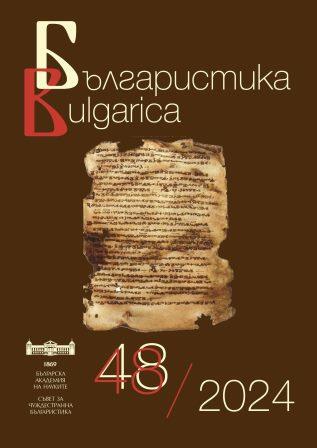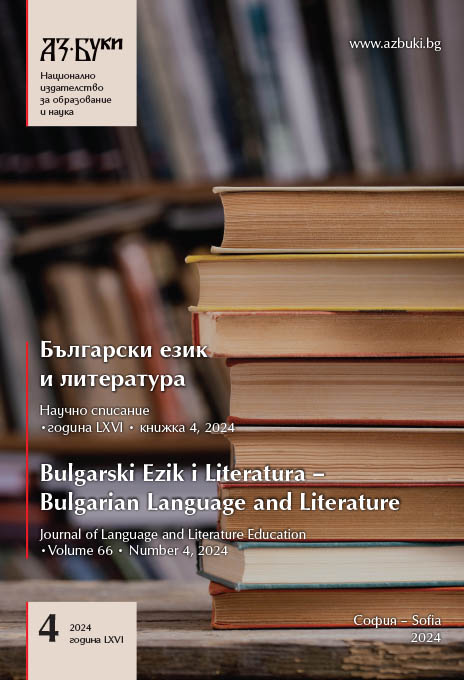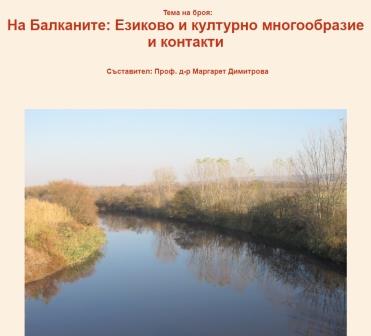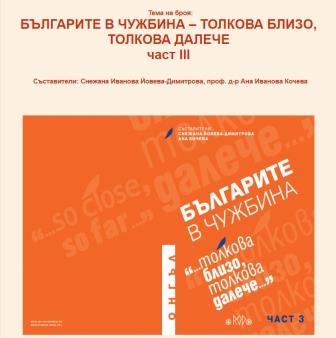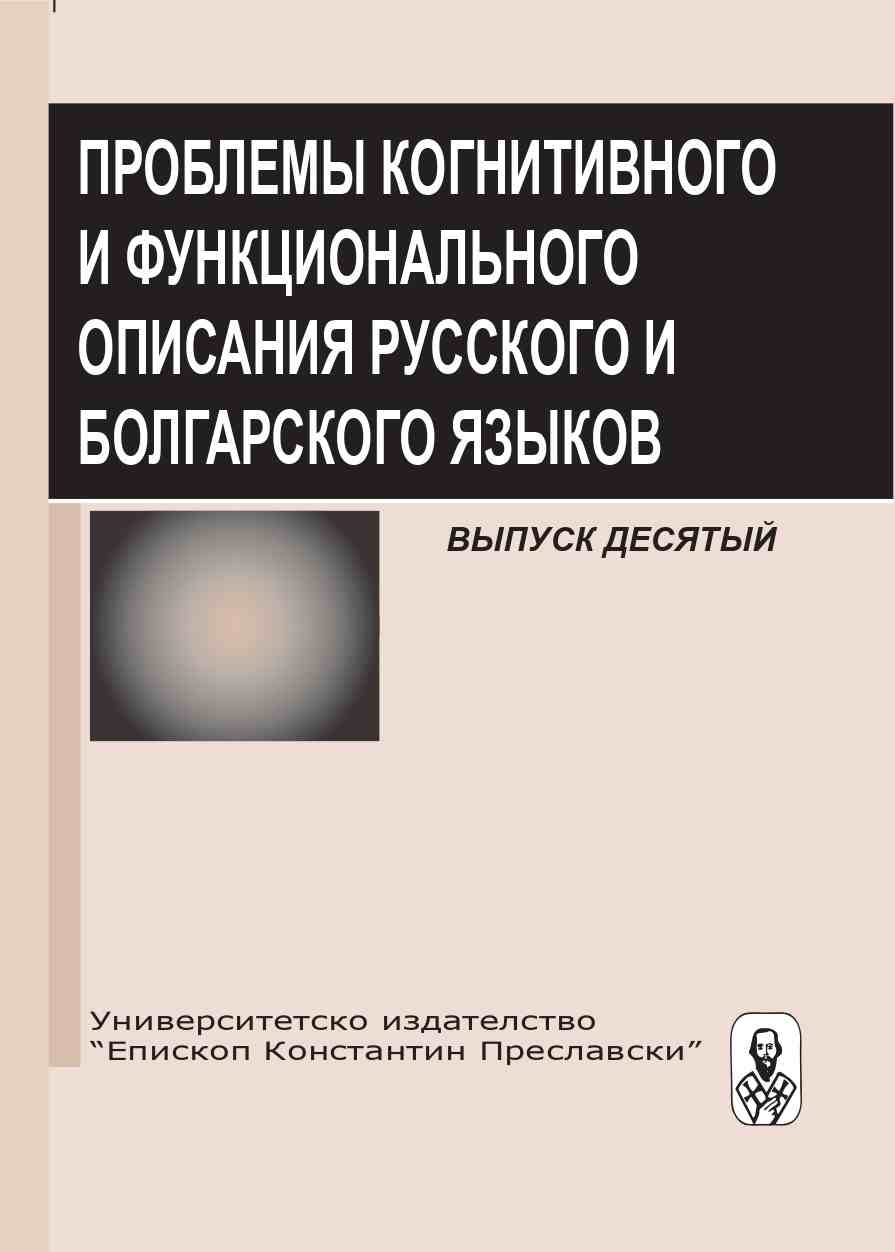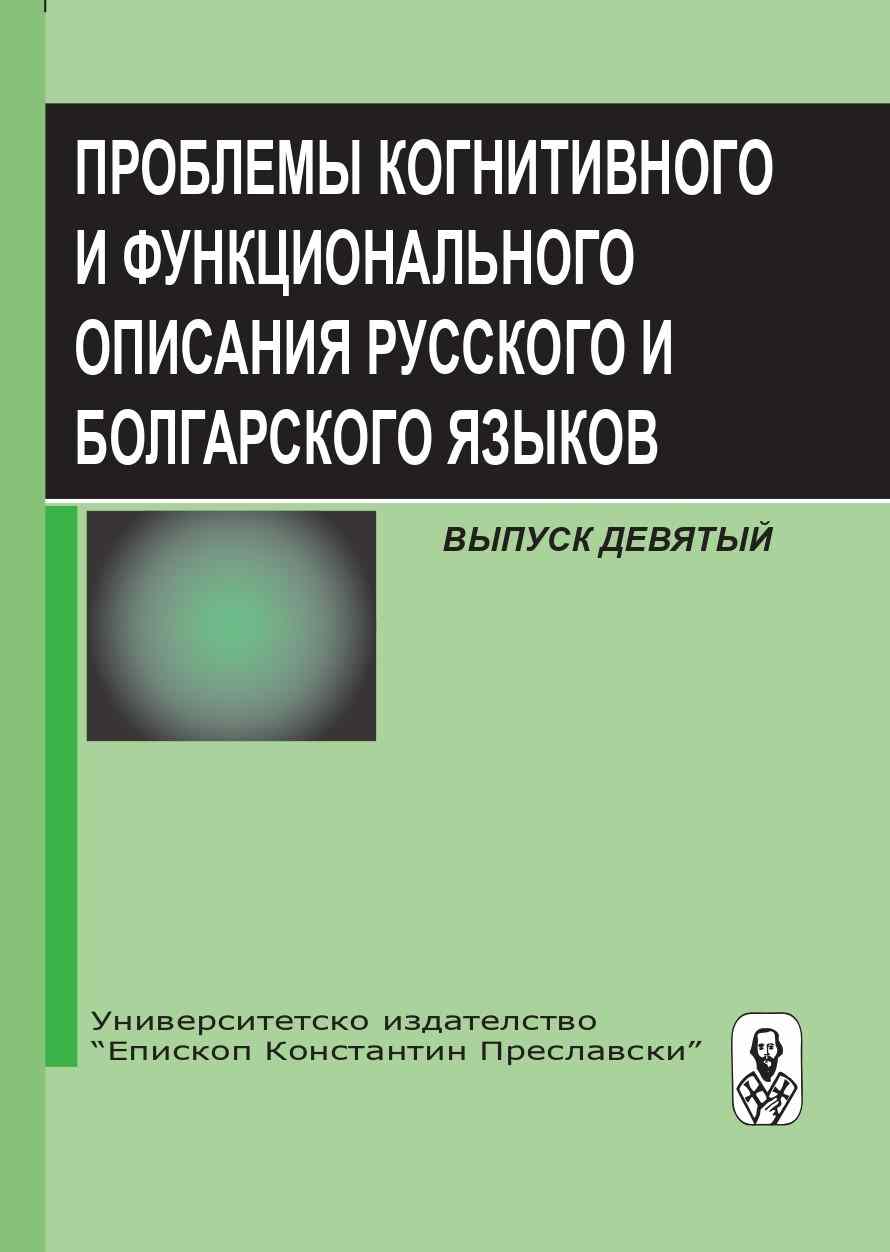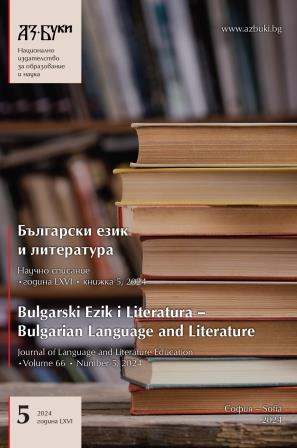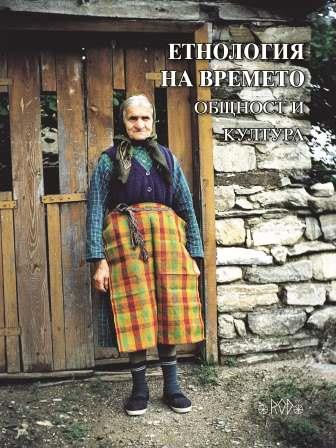Author(s): Tatyana Lekova / Language(s): Italian
Issue: 65/2022
Examining the heritage of Bulgarian studies published in “Ricerche slavistiche” over seven decades, I focused on the reviews of Bulgarian studies in Italy written by two renowned scholars: Janja Jerkov and Giuseppe Dell’Agata. This approach makes it possible to reconstruct the main lines of development of both traditional themes and recent trends in Bulgaristic studies in Italy. The studies of the pre-war period are dominated by the activity of Enrico Damiani and Luigi Salvini, whose works were published with the purpose to discover the cultural heritage of the Bulgarian people to the Italian public, and therefore of spreading its history, its language and its culture. The journal “Ricerche slavistiche” was founded while the era of the fathers of Bulgarian studies was fading away. While the editors of a previous journal, “Bulgaria”, aspired to make Italians aware of the cultural beauties of the Bulgarian people, the new journal was conceived with a programmatic intention of separating scientific research from journalism and of bringing about a renewal of the Slavic sphere. In the review of studies published in “Ricerche slavistiche”, given the substantial variety of essays, to reconstruct the main lines of thematic development during Seventy years of history, any division of the bibliographic material by subject would have a rather conventional value. Hoping in an empirical utility, along the lines of the subdivision adopted by Dell’Agata, I propose a categorization of the studies: the medieval period is treated in the first paragraph, 1) paleobulgaristics, language and literature of the I and II Bulgarian Empire; the further paragraphs are: 2) the period from the 15th to the 18th century; the modern era 3) Neo-Bulgarian language; 4) modern literature; 5) varies; 6) Bulgarian-Italian scientific and cultural events. The most important studies of this period from a methodological point of view are due to Ivan Dujčev, Riccardo Picchio and Mario Capaldo. One of the major researchers of the modern Bulgarian language is Giuseppe Dell’Agata, whose linguistic studies marked a new phase for the era of popularisation and eclecticism of Bulgarian studies in the 1940s and 1950s. In Italy, the period between the two wars saw the development of a tradition of studies focused on the problems of Bulgarian literature and culture by the masters and pioneers of Bulgarian studies Damiani and Salvini. A recurring theme of particular interest to Italian scholars is emphasizing the work of the poet Penčo Slavejkov (1866-1912), considered “the founder” of Bulgarian literary modernism. Bulgarian-Italian cultural relations are part of an uninterrupted tradition of almost a century, anchored in the studies in Italy between the two wars, continued after World War II (by Picchio and Borriero), vital in the following decades (Dell’Agata) up to the present day (Jerkov, Marcialis, Stantchev, Garzaniti, Ziffer, Diddi). Concluding this review of seventy years of Bulgarian publications in “Ricerche slavistiche”, we observe, on the one hand, an evolution over time of study interests that change with the generations; on the other hand, the interdisciplinarity and interculturality and, more generally, novelty and originality of Italian Bulgarian studies.
More...
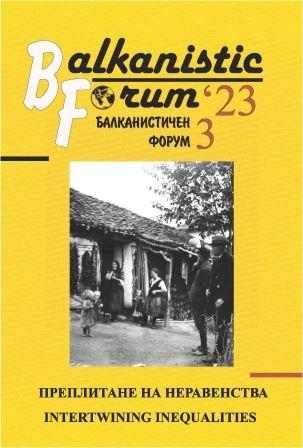

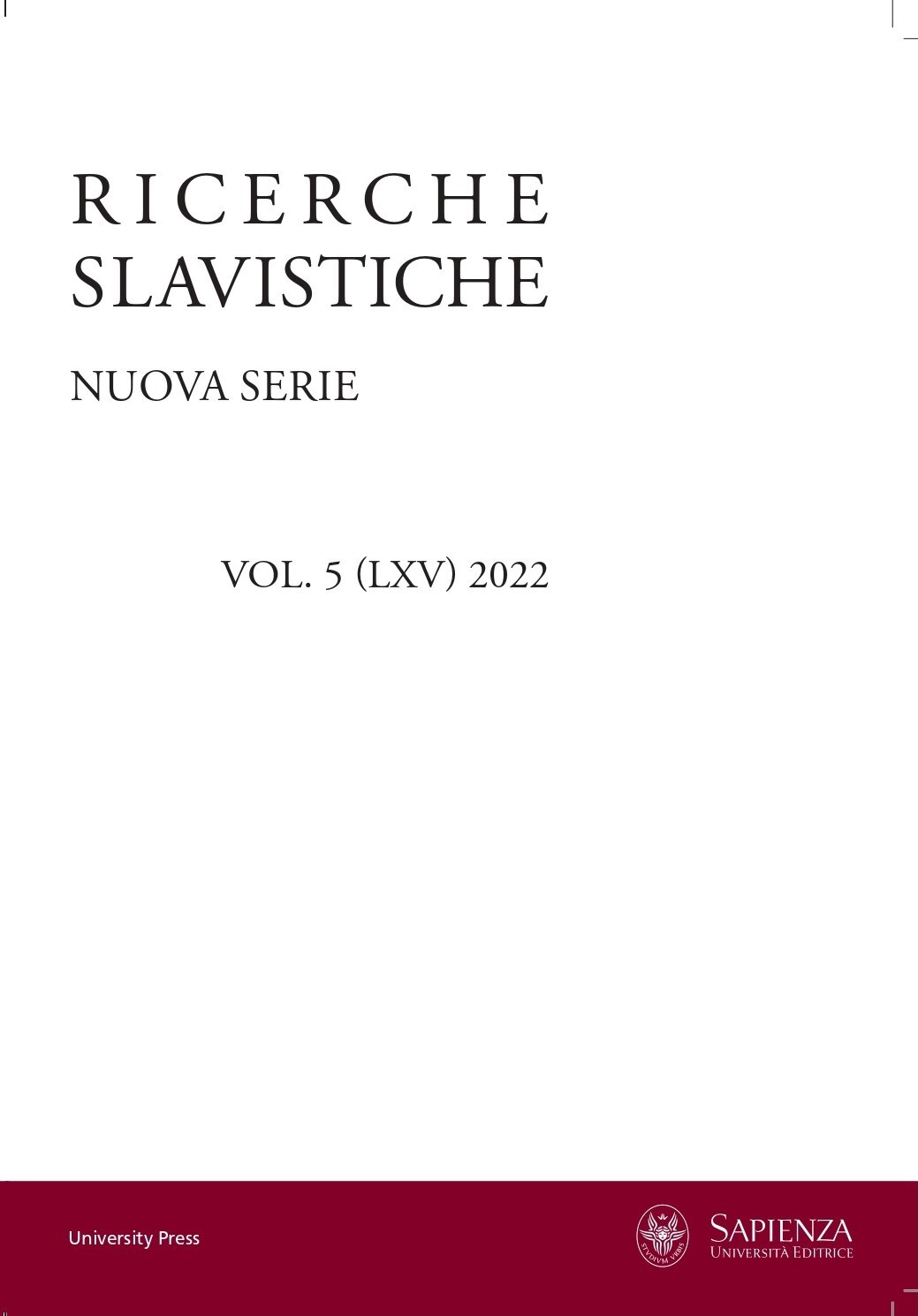
![Review of the linguistic materials contained in volume 2, section 2, of the two-volume Makedoniya. Istoriya i kultura ot drevnostta do dnes [Macedonia. History and Culture from Ancient Times to the Present] (2023); Ezikoznanie [Linguistics], ed. Geor](/api/image/getissuecoverimage?id=picture_2024_82588.jpg)
